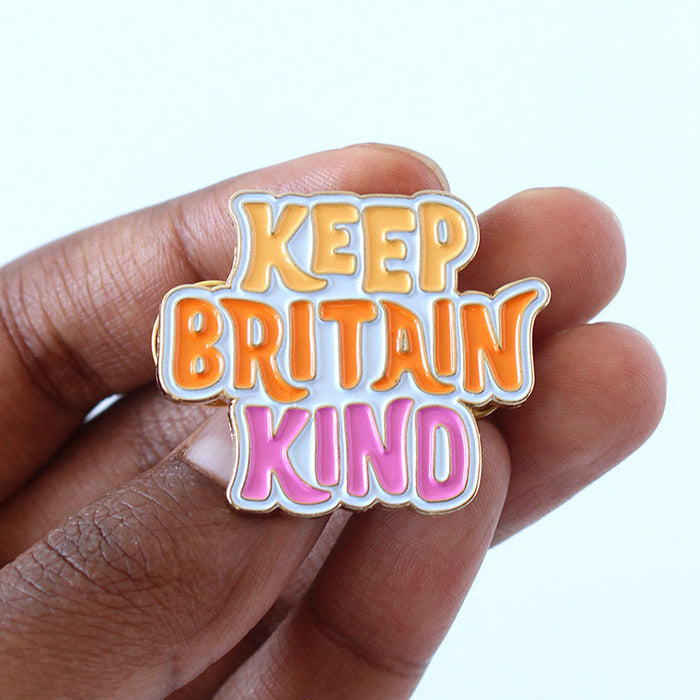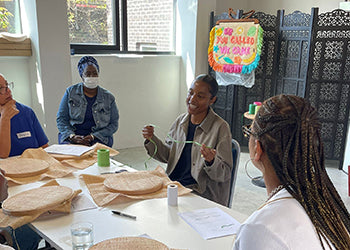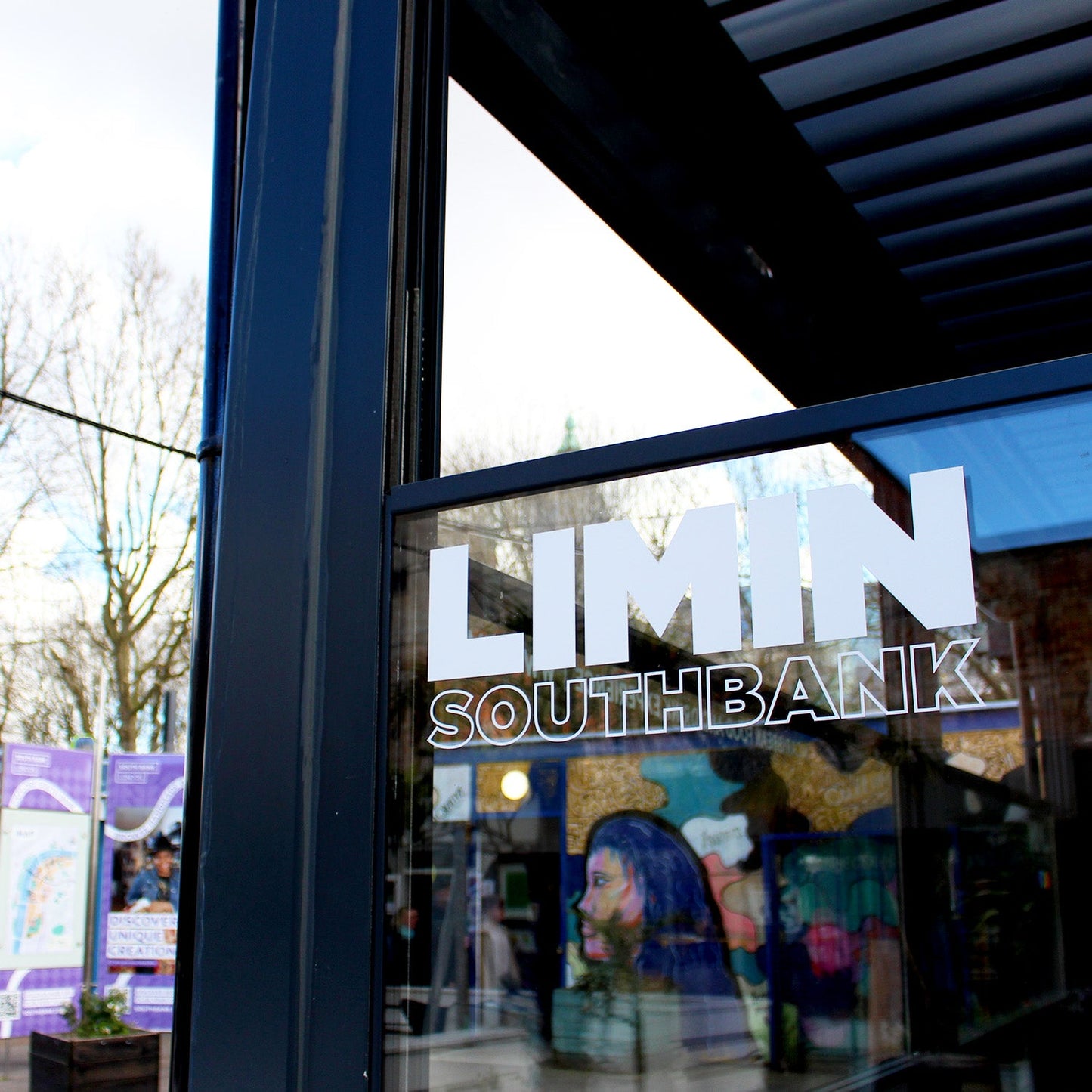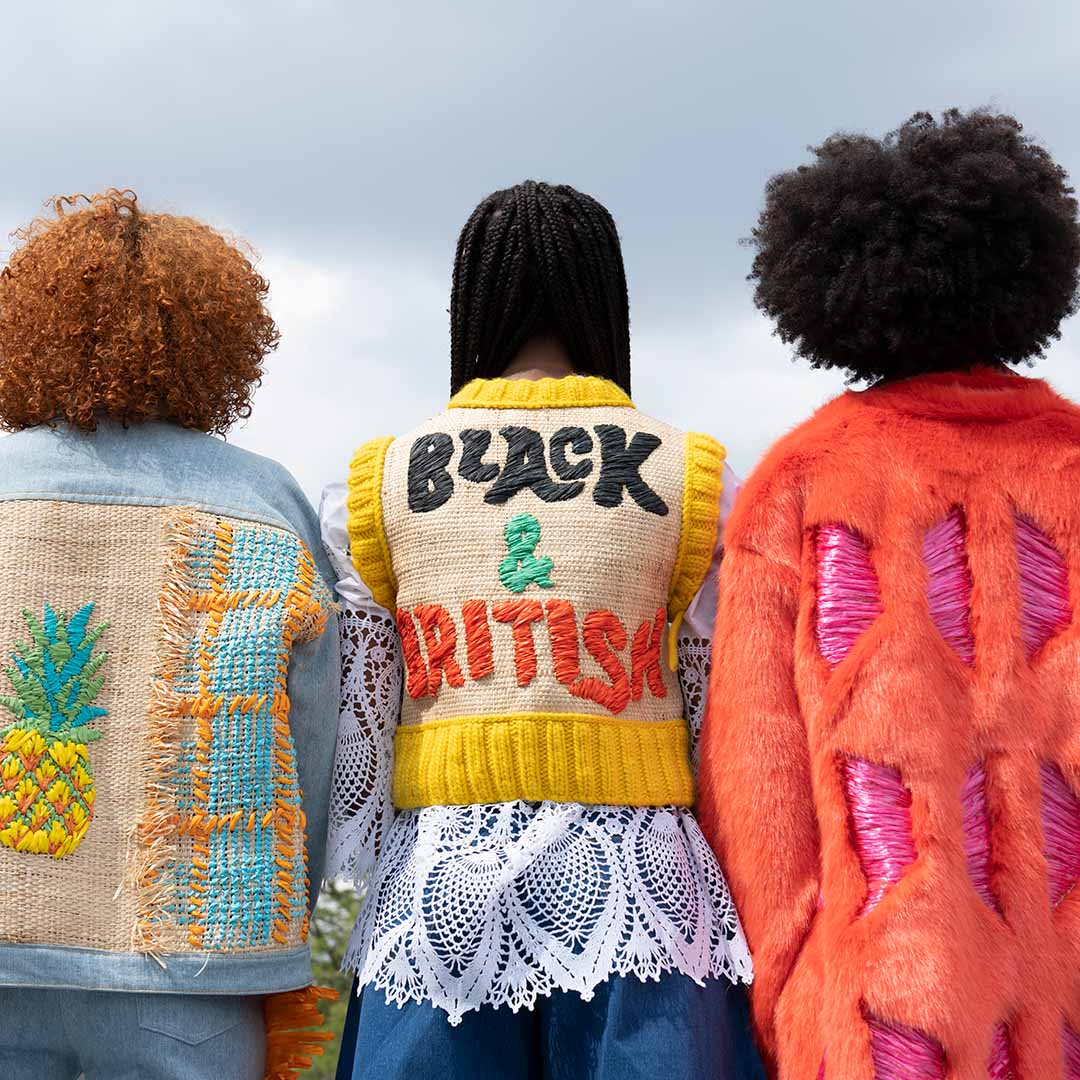
Happy Windrush Day 2021! Today we celebrate the amazing contribution of the Windrush Generation and their descendants to British culture and society. Last year, we explored The Windrush Generation and the Mother Country and the book ‘Mother Country: Real Stories of the Windrush Children’ by Charlie Brinkhurst-Cuff. This year, I thought it would be interesting to explore how the power of kindness can help us as we continue to learn about different cultures, explore a more diverse British history and make positive changes to help make Britain a fairer and kinder place for everyone, regardless of their race, age, gender or any other personal characteristic/identity.
What is Windrush Day?
Windrush Day is celebrated annually in the UK on 22nd June. The day was first celebrated in 2018, and it marks the anniversary of the arrival of the Empire Windrush at Tilbury Docks in 1948 that carried more than 800 passengers from Jamaica, Trinidad and Tobago and other Caribbean islands.
Windrush Day remembers and honours the first generation of Caribbean people who came to the UK by invitation to rebuild post-war Britain and celebrates the contribution that the Windrush Generation and their descendants have made to Britain.
What is the Windrush Generation?
The Windrush Generation is the name that has been given to the Caribbean people who migrated to the UK between 1948 and 1971. Named after one of the first ships that arrived to Britain in 1948. At this time, Britain was still recovering from the destruction of World War 2 and needed help to rebuild the country and fill job shortages in several industries including manufacturing, construction, transport and the National Health Service (NHS). The British government actively encouraged and invited Caribbean people to come to the UK to work.
My Windrush Collection
Since designing and creating my graduate Windrush Collection in 2018, I have continued to be inspired by the stories of the Windrush Generation. My 2018 collection was particularly inspired by my grandparents, who are part of the Windrush Generation, and my own Caribbean heritage.
In the spring of 2021, an outfit from my Windrush Collection was acquired by The Museum of London, as well as a suit owned by my Granddad and oral histories recorded by my Granddad with my mum and me as interviewers. These acquisitions have helped the Museum of London to share another story of the Windrush Generation - my Granddad's experience coming from the Caribbean island of St Lucia to the UK in the 1950s. All the acquisitions are available to discover on the Museum of London website.
'Keep Britain Kind'
As well as looking into my own family history as inspiration for my graduate Windrush Collection, I also looked at the work of photographers who documented the Black British experience from 1948 onwards, including Neil Kenlock, Raphael Albert and Colin Jones.
Neil Kenlock, who also famously photographed the British Black Panthers, captured this powerful photograph of a young lady pointing to 'Keep Britain White' graffiti at the International Personnel training centre in Balham. This image shows an example of the racism and discriminatory attitudes and attacks Caribbean people were met with when they first arrived in Britain.
What was life like for the Windrush Generation?
Many Caribbean people found it difficult to find accommodation and sometimes found it hard to find jobs as some people didn’t want black people to work for them. When they did find work, they were often only considered for undesirable jobs such as cleaning and manual labour despite around half of the Caribbean men that arrived to Britain having experience in highly skilled jobs.
In spite of the difficulty faced, the Windrush Generation worked hard to build a life for themselves and their families in Britain. They were instrumental in the rebuilding of the British economy in the post-war era, and also contributed heavily to British society as we know it today. From music, fashion, politics, literature and television you can find examples of the Windrush Generation and their descendants doing great things in various areas of society.
This Windrush Day, let us turn the graffiti seen in Neil Kenlock's photograph on its head. Instead we can work and commit to 'Keep Britain Kind'. A lot has changed since the first wave of Caribbean people arrived in the UK, along with the arrival of people from other British colonies at the time in Africa and Asia. Groups such as the League of Coloured Peoples (1931) and Black Peoples' Alliance (1960s) worked hard to change the lives of non-white people in the UK for the better. The Race Relation Acts in 1965, 1968 and 1975 were introduced making it illegal to discriminate against somebody because of the colour of their skin. However, as we have learnt from the Black Lives Matter movement, that had a resurgence in 2020 - there is still work to be done, and this work is best coming from a place of kindness for ourselves and for others.
Recently, I came across this article written by Patrick Hutchinson, a personal trainer and martial artist who gained worldwide attention in 2020 for carrying an injured counter protestor to safety at a Black Lives Matter protest. The article, and Hutchinson's story, is a great example of how kindness can assist us in our quest for equality for all. In the article, Hutchinson writes how he believes 'the power of kindness [and random acts of kindness] can enact change' along with other important tools such as activism and education. Hutchinson concludes that 'because of [his] random act of kindness [at the 2020 Black Lives Matter protest], because [he] had [his] voice heard, [he is] now in a stronger position to change the world'. We can also take a lesson from Hutchinson to prioritise kindness in our lives to help make the world a better place for all.
Learn more about the Windrush Generation
Windrush Day is the perfect opportunity to learn more about Black British history, including stories of the Windrush Generation. A good place to start is with books, such as Small Island by Andrea Levy, Voices of the Windrush Generation by David Matthews and Homecoming: Voices of the Windrush Generation by Colin Grant. I listed some more great books about Black British history is a previous blog post for Black History Month.
You can also use films and television shows to learn more. Why not watch 'The Unwanted: The Secret Windrush Files' (BBC, 2019), 'Soon Gone: A Windrush Chronicle' (BBC, 2019) and a documentary called 'Windrush' (BBC, 1998 - you can find more clips on YouTube).
I’ll leave you with this lovely video of Alford Gardner visiting the cast of Small Island in rehearsals for the original run of the show at the National Theatre. Alford Gardner was one of the passengers on the Empire Windrush.
How to honour the windrush generation
Today, let’s continue to remember and celebrate the amazing contribution of the Windrush Generation to British culture and society! I’m truly grateful for all that they endured and all the barriers they broke down so that my generation and future generations can have more opportunities, especially in our education and careers.
Sources & Further Reading:
- How Caribbean migrants helped to rebuild Britain Read more
- Floella Benjamin on coming to England Read more
- ‘Windrush Generations’: 1000 Londoners Read more
- How the Caribbean helped to decolonise ‘Mother Country’ Britain Read more
- Black and British: A Fashionable Windrush Story Read more
- The Windrush Generation & The Mother Country Read more
- Annual Day of Celebration for the Windrush Generation Read more
- V&A - Neil Kenlock Photograph Read more
- How racist is Britain today? What the evidence tells us Read more
- Racism and Resistance Read more
- Black British social and political history in the 20th century Read more
- The power of kindness can enact change Read more










